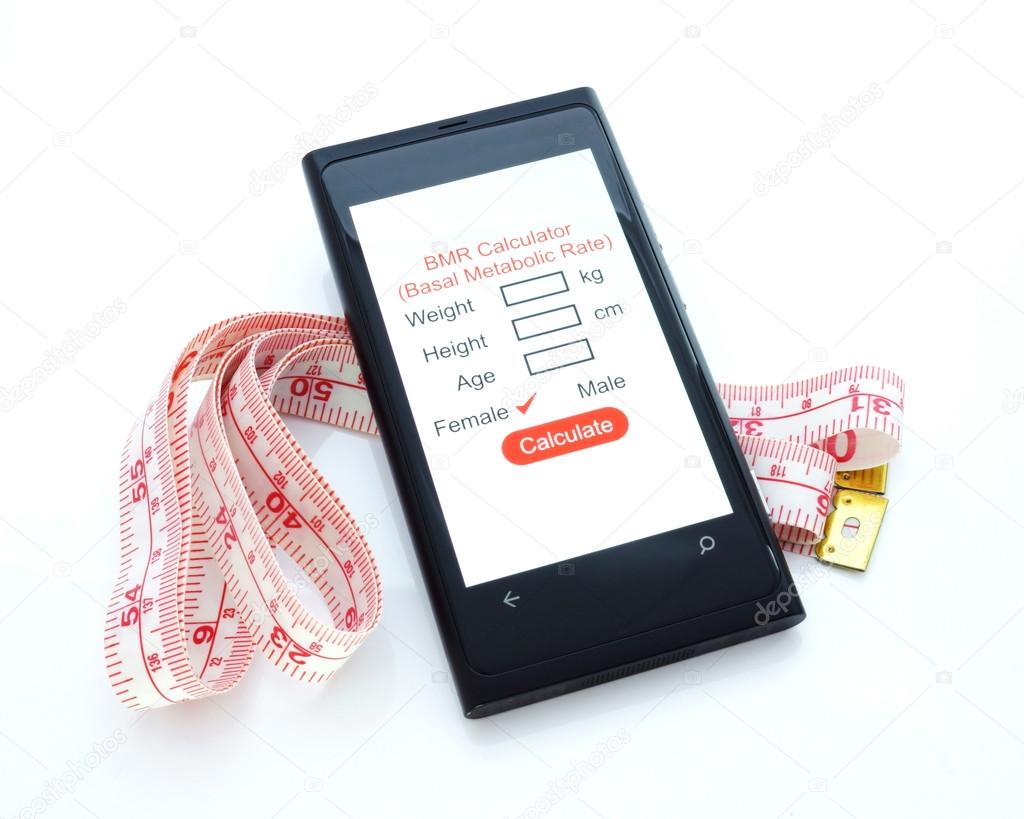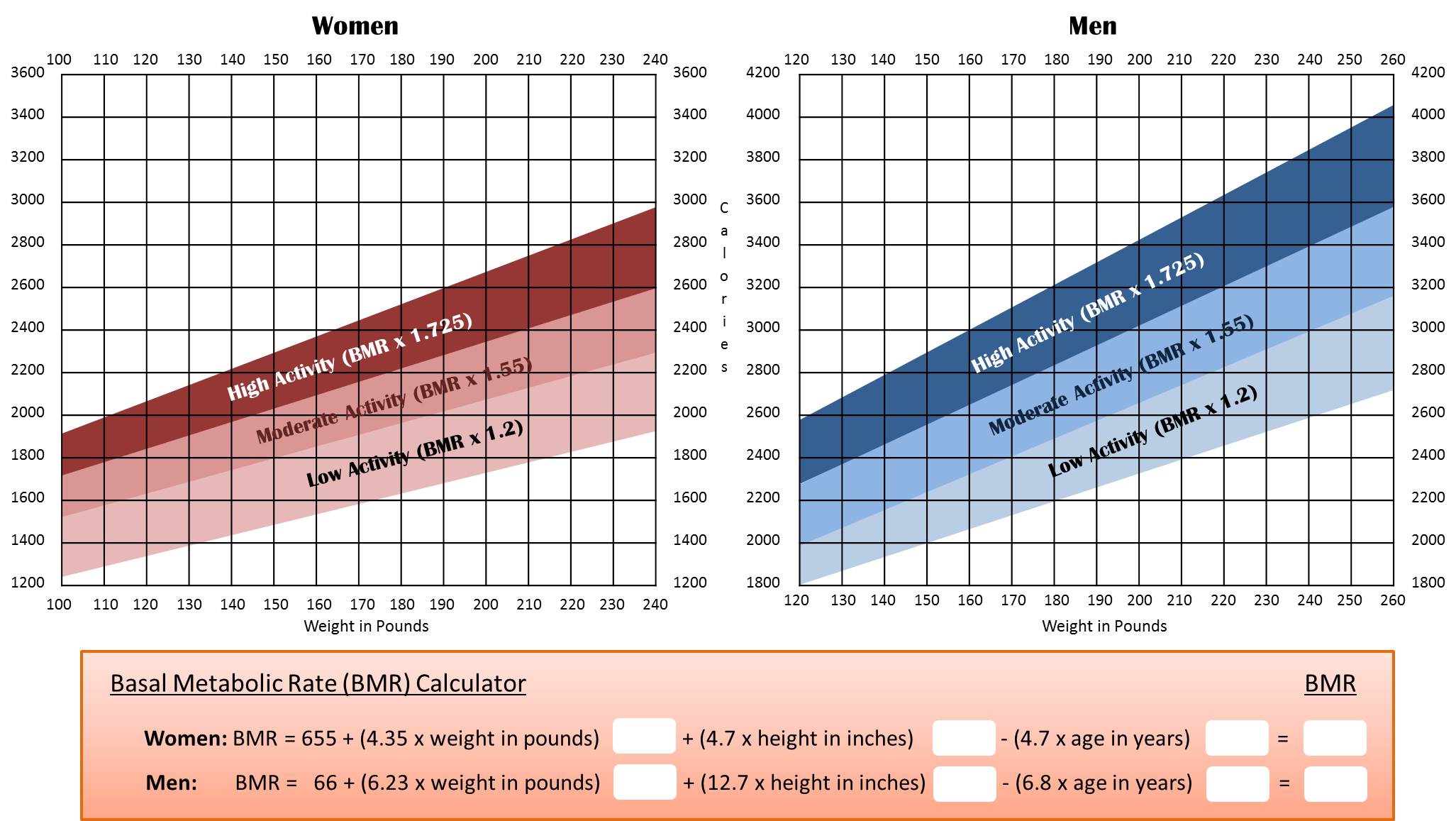
While you don’t necessarily need to count every calorie to stay healthy, it helps to have a basic understanding of how your body uses energy gained from food. “It can be helpful to gain a little insight into your diet and help people reach weight-loss or performance goals,” especially if it’s done on a short-term basis, says Tara Tomaino, R.D., director of nutrition at The Park. Still, calorie counting can be a useful way to set parameters for the amount of food you’re consuming, he says. “Calories are not created equal,” McWhorter says.

#METABOLISM CALCULATOR FULL#
Think of it like this: Eating a 200-calorie candy bar that’s full of sugar isn’t the same as eating 200 calories of apple slices that are full of fiber and other nutrients. Nutrition is much more than just energy.” “When we think of calories, it’s simply a measure of energy. “ Calorie counting focuses people on numbers that don’t always have a correlation with the quality of food on the plate,” says Wesley McWhorter, Dr.PH., R.D.N., L.D., C.S.C.S., spokesperson for the Academy of Nutrition and Dietetics.

In 2022, 52 percent of Americans said they followed some kind of diet or eating pattern in the past year, and 13 percent chose calorie counting, according to the International Food Information Council’s 2022 Food and Health Survey.īut, is calorie counting the best approach for achieving your health goals? Dietitians say it can be, but the quality of the calories you consume is just as important as the number.

But, old-school calorie counting remains a go-to habit. KETO AND THE Mediterranean diet get lots of attention these days.


 0 kommentar(er)
0 kommentar(er)
